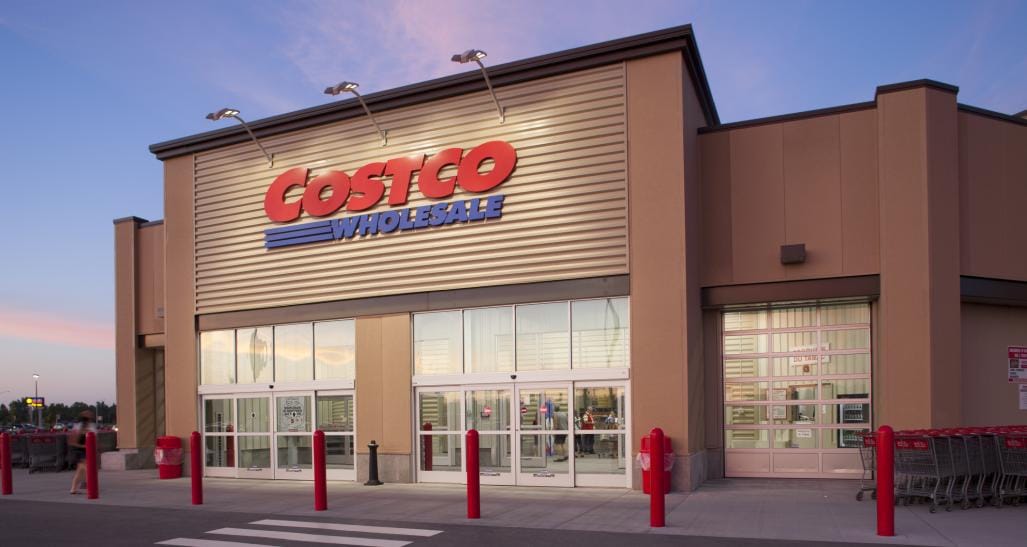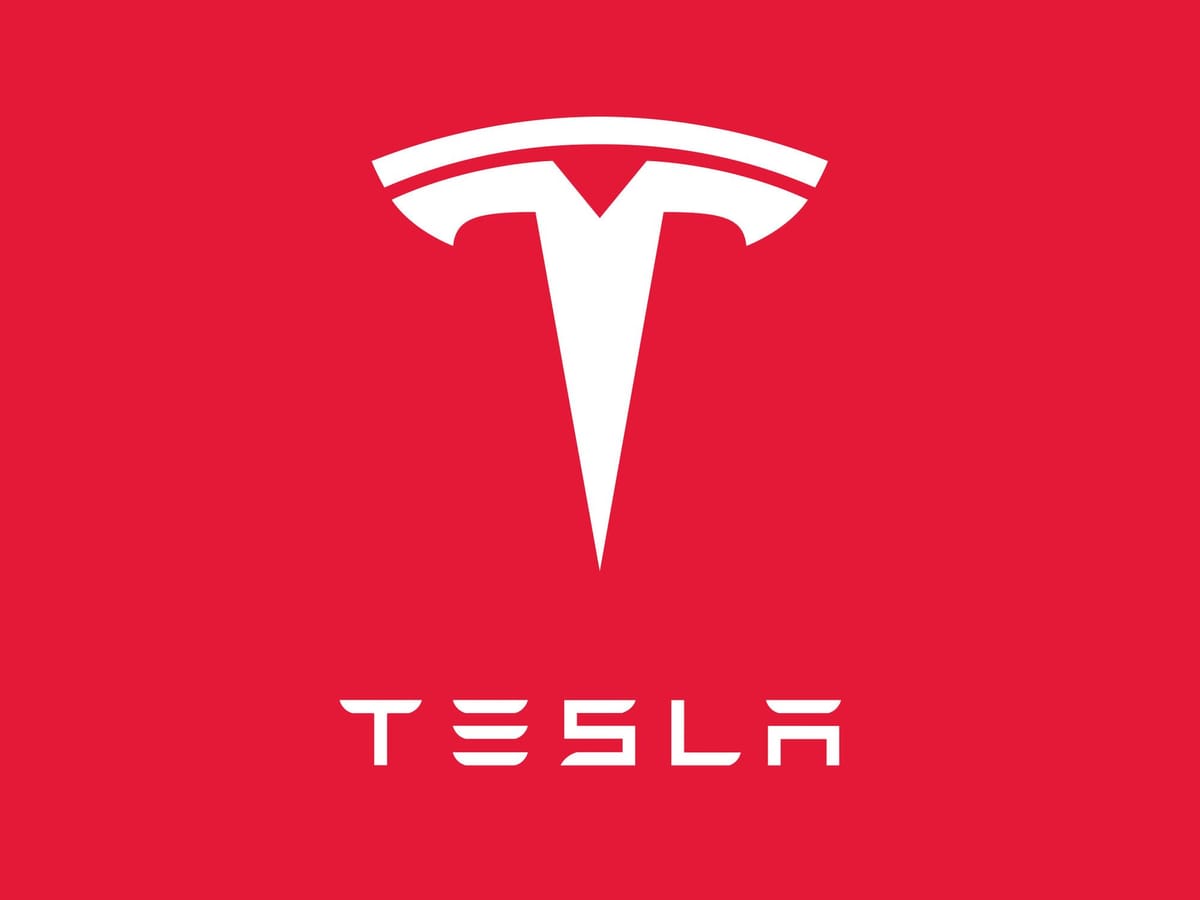Investment Thesis: Block

Digital finance is revolutionizing how people manage, spend, save, and invest their money, with Block, Inc. leading this transformation through a wide range of innovative financial tools for individuals and businesses. At the heart of Block’s ecosystem are Square, a comprehensive platform for business solutions, and Cash App, a popular tool for personal finance. These services create a cohesive, digital-first experience designed to simplify financial management in today’s fast-paced economy. Unlike traditional financial institutions, Block prioritizes inclusivity and a forward-thinking approach, making finance accessible to users of all backgrounds and levels of expertise. As Block’s offerings continue to expand, they attract growing interest from consumers and investors alike. In this issue, we’ll explore the core strategies fueling Block’s growth, the unique qualities that set it apart in the fintech sector, and why it represents a prime investment opportunity in the future of digital finance. Driven by a mission of financial inclusivity and accessibility, Block is redefining what it means to manage money in the digital era.
This recommendation is just a start. The next step is to do your due diligence process which will then help you to make the investment decision. We strongly advise investors to do a thorough analysis of the recommendation and understand the soundness of the business before investing in this company. Also, please consult your investment advisor before making a decision.
This post is for subscribers only
Unlock the power of compounding
We are changing the way that people build wealth. If your portfolio is performing below S&P 500 in the last 5 years, then you need to subscribe here. Discover remarkable stories directly to your inbox. As a subscriber, you'll receive the valuable recommendation of an exceptionally outstanding company that are designed to help you build wealth.
Gain access to exclusive benefits by subscribing today!







Disclaimer: Please note that this newsletter is a financial information publisher and not an
investment advisor. Subscribers should not view this newsletter as offering personalized legal or investment
counseling. Investors should consult with their investment advisor and review the prospectus or financial / stock
recommendation of the issuer in question before making any investment decisions. All articles, blogs, comments,
emails, and chatroom contributions - even those including the word "recommendation" - should never be construed as
official business recommendations or advice. Liability of all investment decisions resides with the individual
investor.
Snowball Investing does not provide any guarantees, warranties, or representations, whether explicitly or
implicitly, regarding the accuracy, reliability, completeness, or reasonableness of the information presented. The
opinions, assumptions, and estimates expressed represent the author's viewpoints as of the publication date and are
subject to modification without prior notification. Projections made within the document are based on various market
condition assumptions, and there is no assurance that the anticipated results will be attained. Snowball Investing
disclaims any responsibility for losses incurred due to reliance on this document's content. It is important to note
that Snowball Investing is not offering financial, legal, accounting, tax, or other professional advice, nor is it
assuming a fiduciary role.



